The people
Because of the language barrier and the different live style we got in contact only with a few Tibetans. We had in my car for the Tibet part our mandatory Tibetan guide. His name is Bushung, he lives in Lhasa, is married and has a 15 years old daughter. He is more a reserved character who preferred to be around Tibetans rather than with western tourists. Negotiating and questioning of some stupid rules is also not one of his strengths. Example. When we drove along a road which was under construction (nothing special in Tibet) we were stopped by a guy with a police shirt (who was for sure not a police man). He wanted to fine us(calculated 15€) for this crime. Our guide didn’t say anything and we had to pay.
All the Tibetans we’ve met were very friendly. Most of them probably saw for the first time in their live strangers because only a few tourists come to some areas which are far away from Lhasa. We were communicating with hands and feeds and were laughing a lot. A lot of people are very religious. We saw a lot of pilgrims who walked all the way to holy places.
I couldn’t really get used to some hygienic conditions. Many houses don’t have toilets so the people are using public toilets. They have a hole in the ground which is open at the back so you can see sometimes a huge pile of shit which almost went to the top. I always took care that nothing of my belongings falls into the hole which would be really shit. Some visitors of those places also have problems to hit the hole or they even make their business in front of the holes. That’s why we preferred many times the nature rather than the toilet.
When we were in public places there was really not a minute in which not somebody was coffin or was throwing out the input of their nose in the most disgusting way you can imagine. In China it is the same. It is impossible to get used to it (even in this moment when I wrote these lines someone did it outside…).
The rate of illiterate is extremely high in Tibet. In the year 2004 it was almost 40% who couldn’t read nor write. There are schools mussing and a lot of people are working as famers where farming counts more than the school. We could see many nomads in the Tibetan highlands who were moving with their animals from the grass lands to the winter quarters. Many times we were asking ourselves how it is possible to live in such regions…
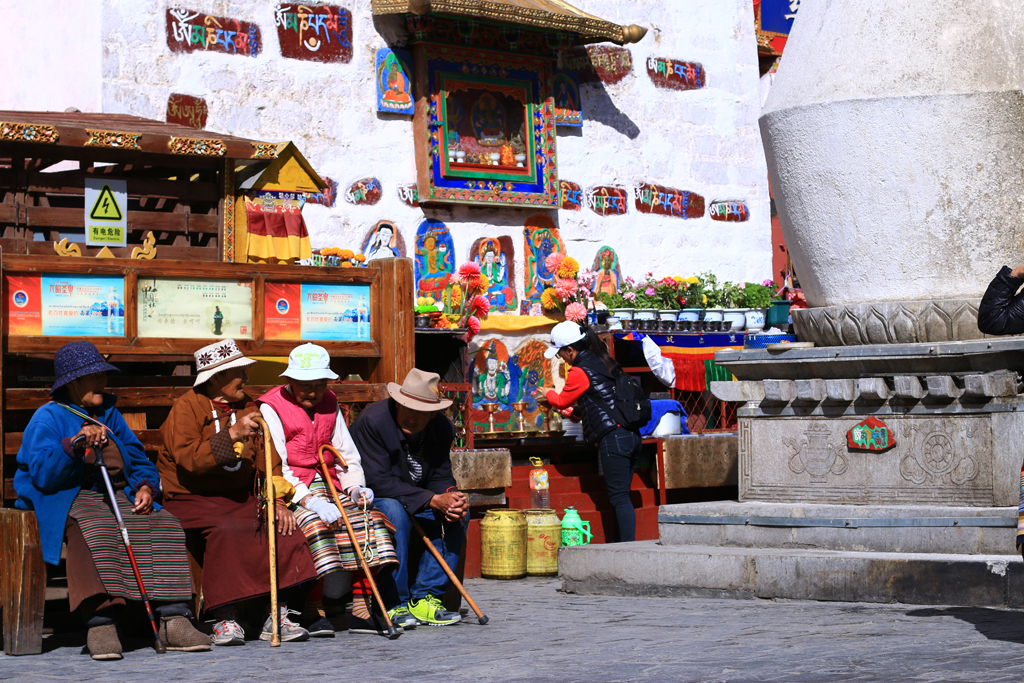
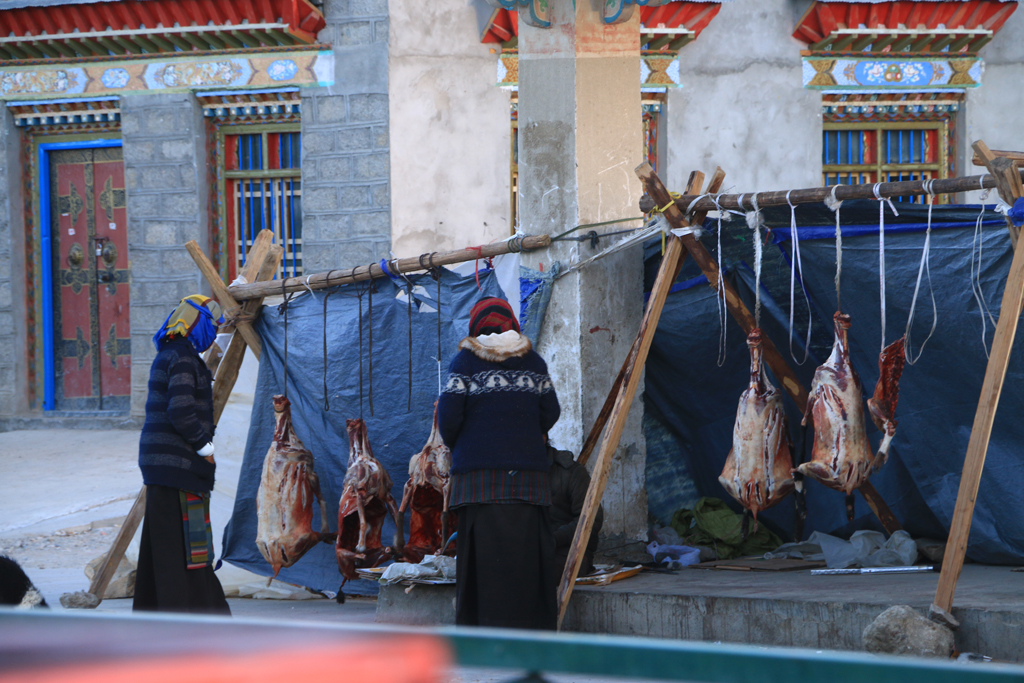
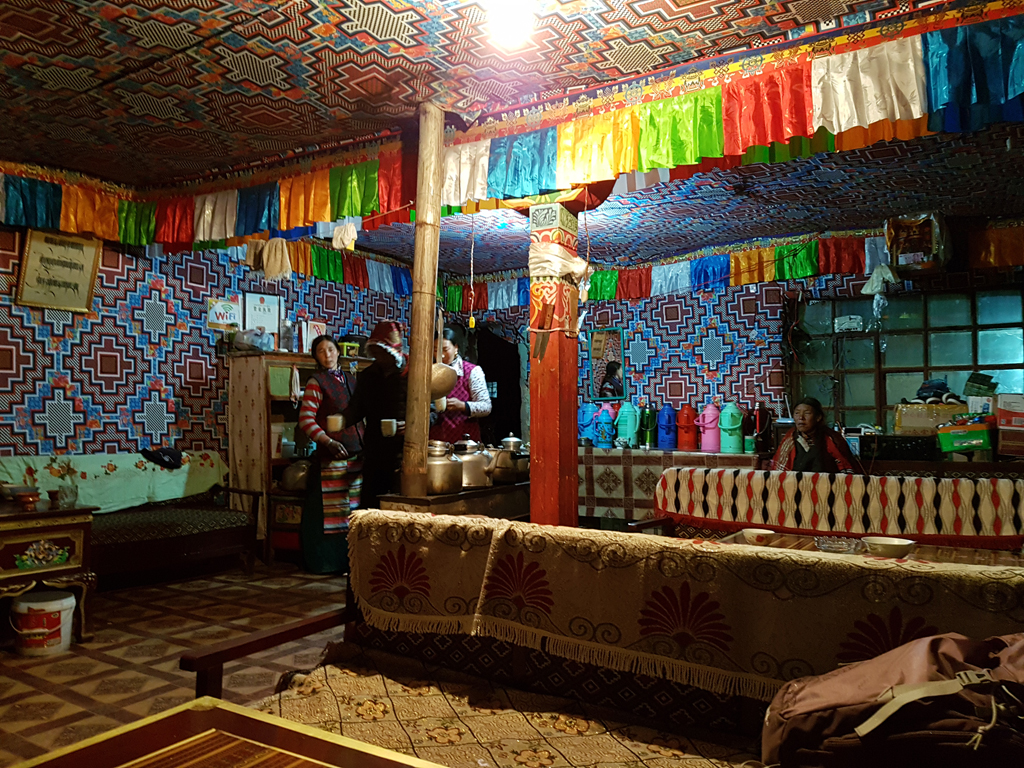
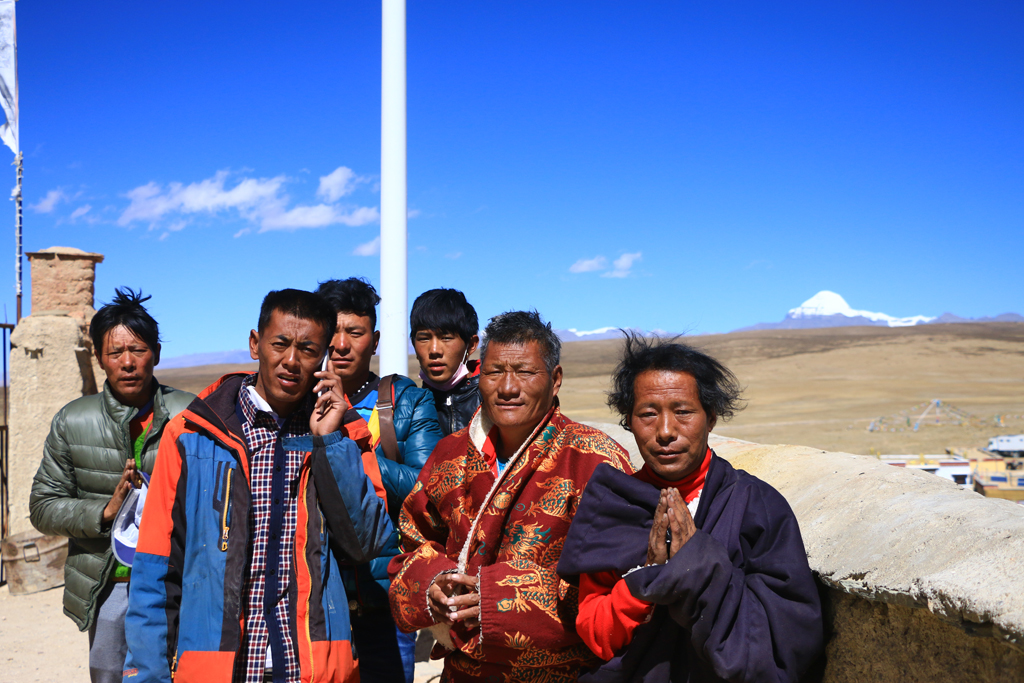
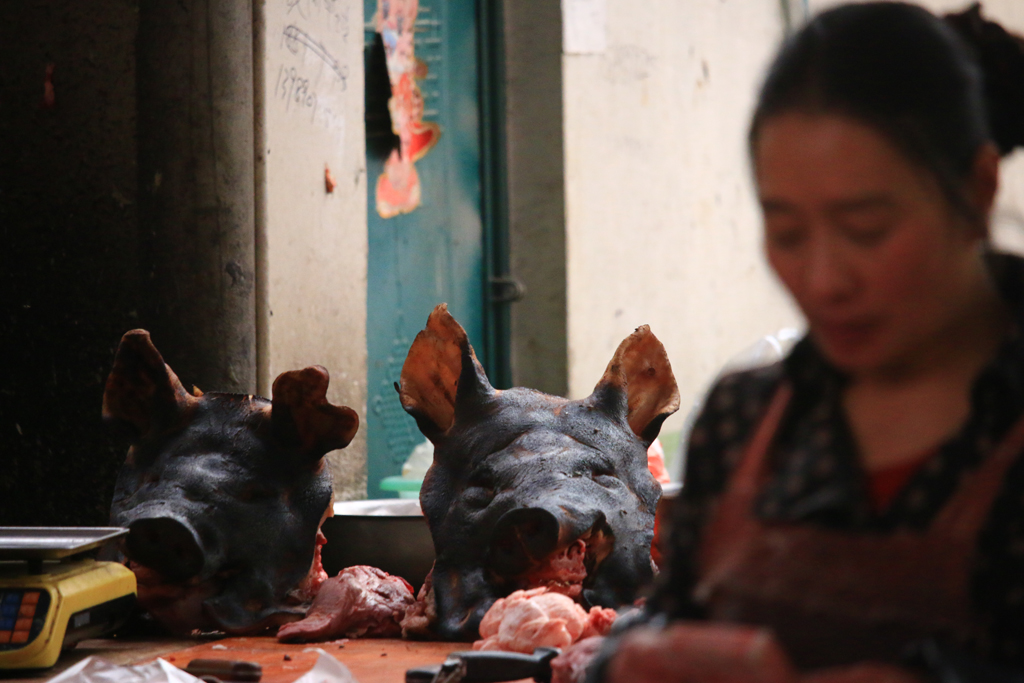
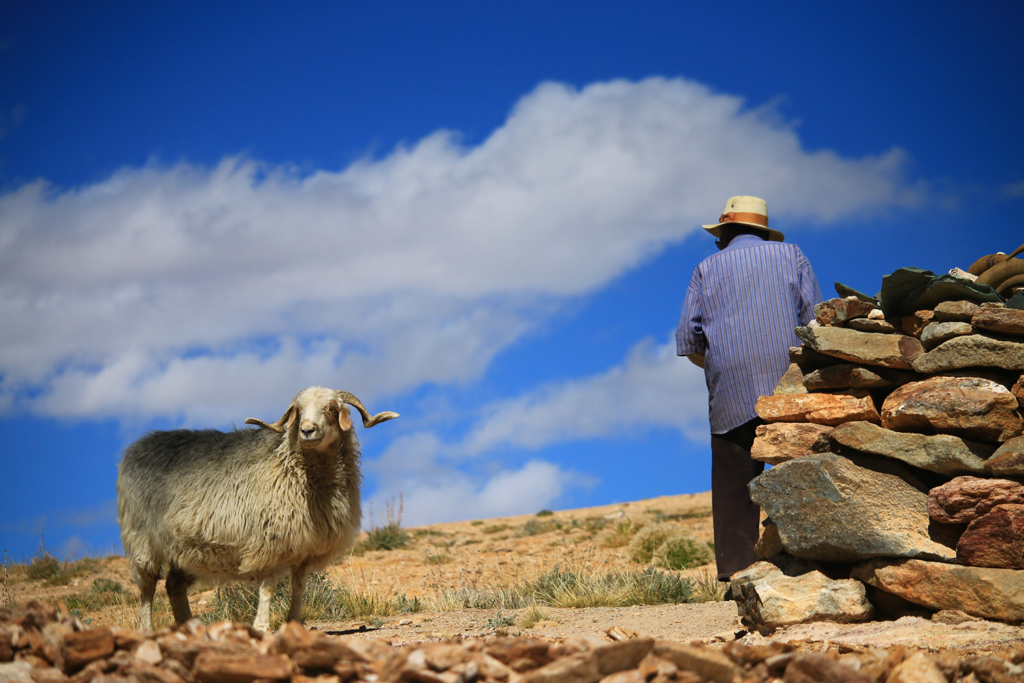
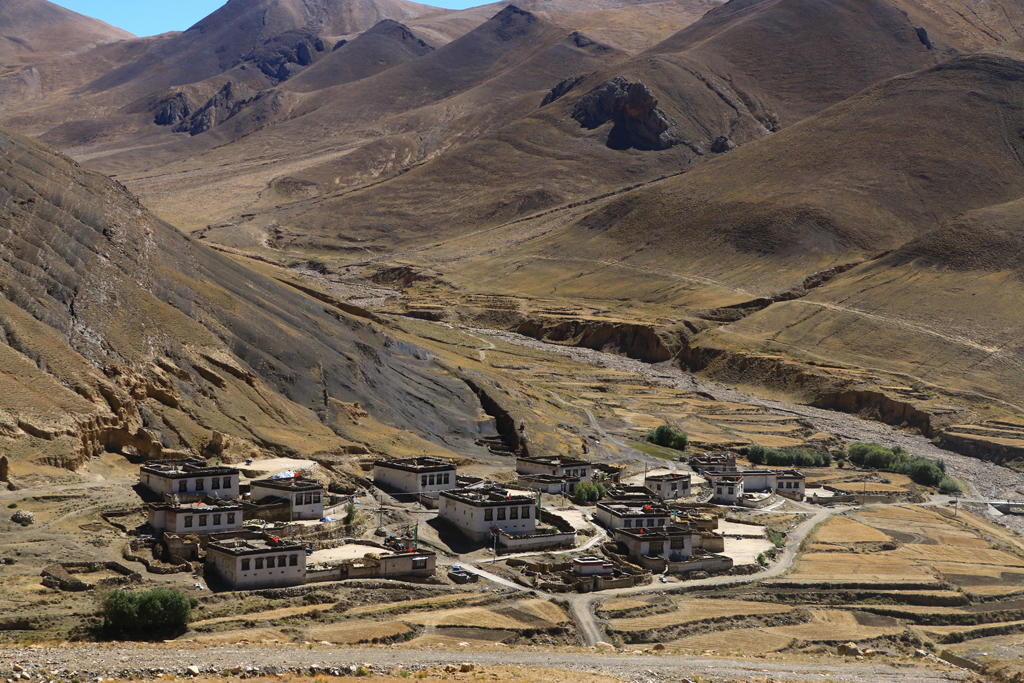
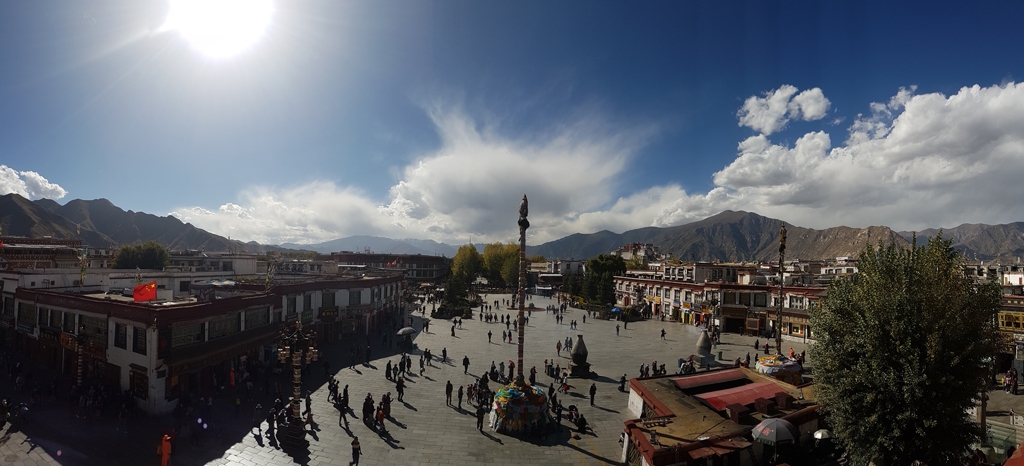
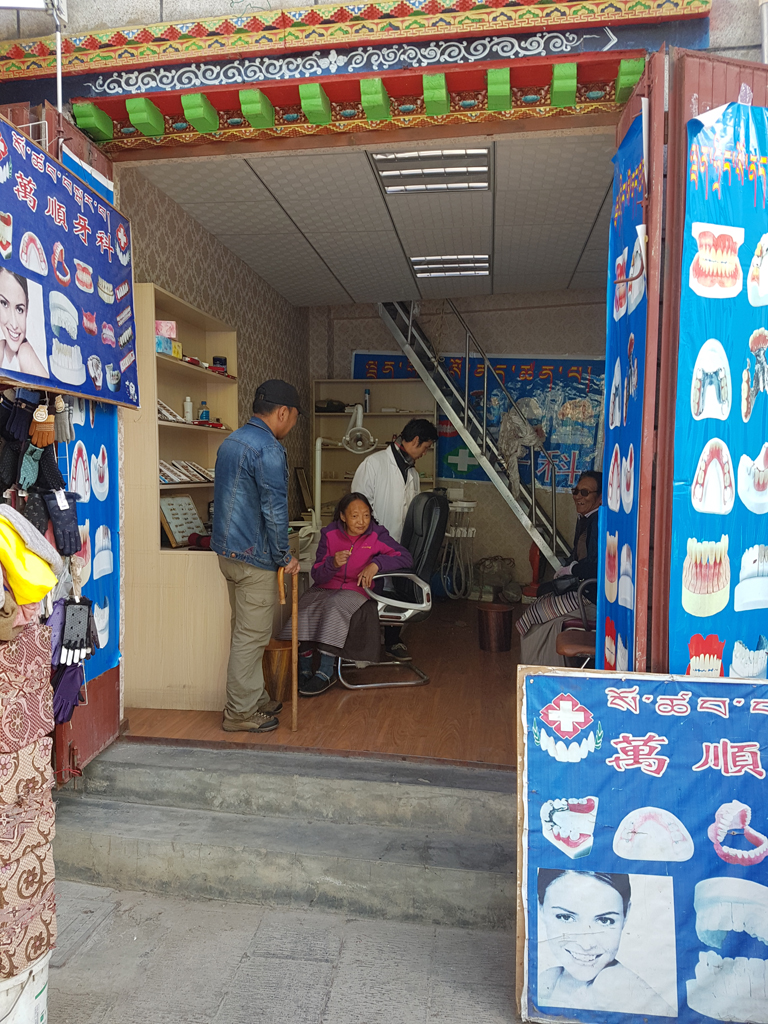
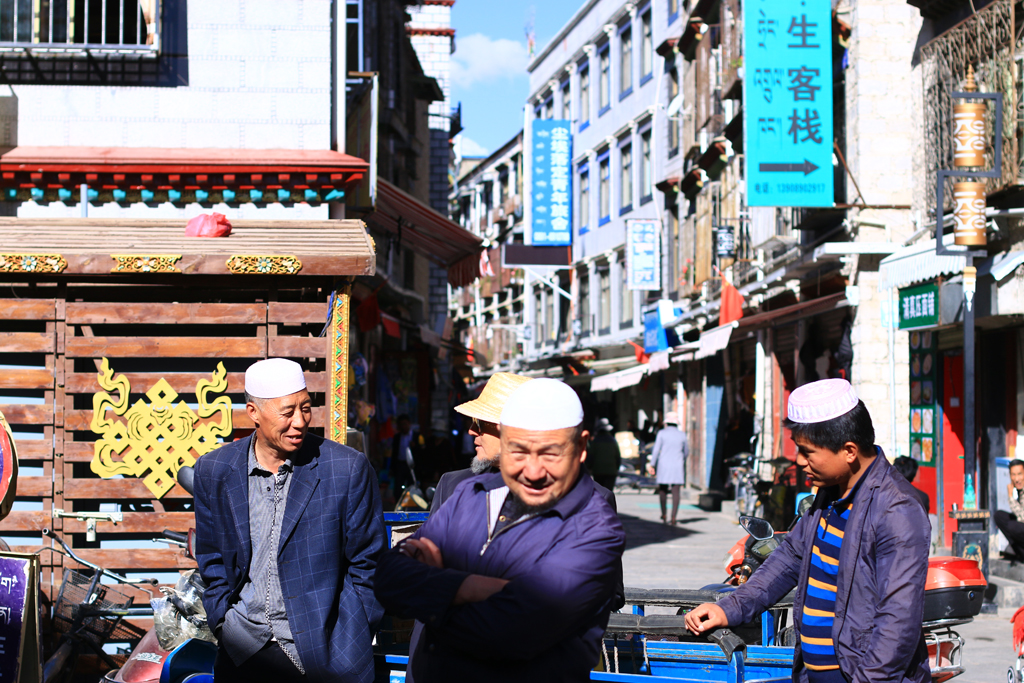

Hi Matthias,
als stetiger stiller Leser bin ich begeistert von deinen Reports, Bilder und vor allem das Du schon so weit gekommen bist! Mit dem eigenen Auto nach und durch Tibet – großes Kino! Ich kann mir gut vorstellen, das Du in Laos und Thailand gut entspannen kannst 😉
Viele Grüße aus Berlin und alles Gute für deinen weiteren Trip
Patrick (Aperto)